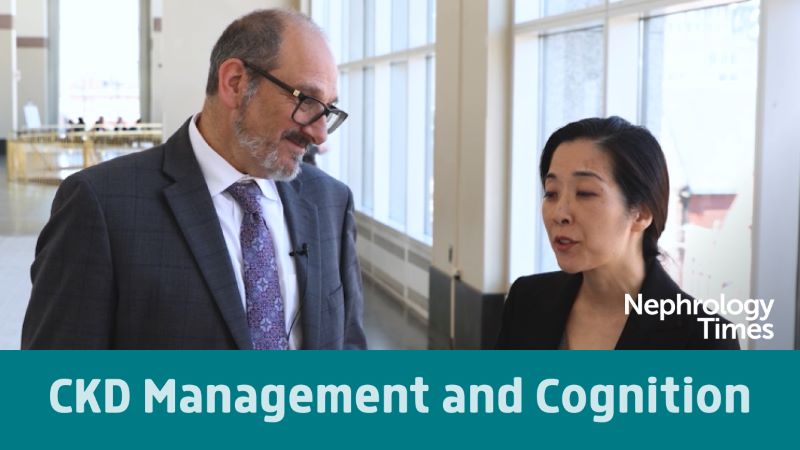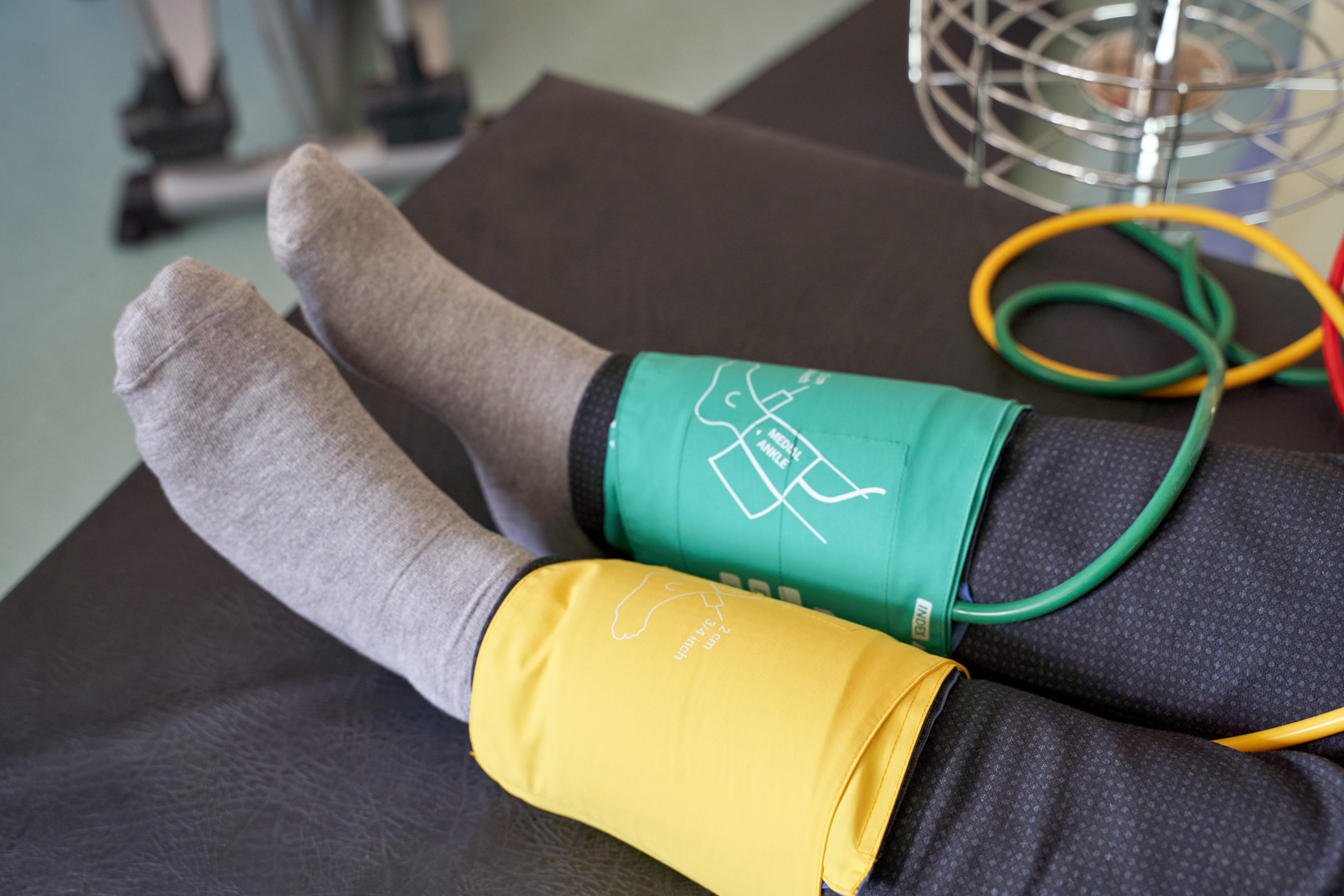
With chronic kidney disease (CKD), there is substantial risk of progression to end-stage renal disease and vascular events. Finerenone, a nonsteroidal mineralocorticoid receptor antagonist (MRA), provides cardiorenal protection for individuals who have CKD and diabetes. However, it is unclear whether the steroidal MRA spironolactone provides comparable protection.
To examine the question, F. D. Richard Hobbs, FMedSci, and colleagues conducted a prospective, randomized, open, blinded endpoint trial. The study evaluated the effectiveness of 25 mg spironolactone plus usual care versus usual care alone for reducing adverse cardiovascular outcomes in stage 3b CKD in a cohort of older adults in the community.
The cohort comprised 1,434 adults, mean (SD) age 74.8 (8.1) years, from English primary care. Of them, 1,372 (96%) were included in the primary analysis, with 677 randomized to spironolactone and 695 randomized to usual care. The primary outcome was the time from randomization until the first occurrence of death; hospitalization for heart disease, stroke, heart failure, transient ischemic attack, or peripheral arterial disease; or first onset of any condition not noted at baseline.
During three years of follow-up, the primary endpoint occurred in 113 (16.7%) participants in the spironolactone group and 111 (16.0%) participants in the usual care group. No significant difference between the groups was observed (hazard ratio, 1.05; 95% CI, 0.81-1.37).
Two-thirds of participants in the spironolactone group stopped treatment within six months, most often due to a decrease in estimated glomerular filtration rate that met prespecified stop criteria (n=239; 35.4%), followed by withdrawal due to treatment side effects (n=128; 18.9%) and hyperkalemia (n=54; 8.0%).
Spironolactone was frequently discontinued because of safety concerns, and there was no evidence that it reduced adverse cardiovascular outcomes. In summary, spironolactone should not be used for patients with stage 3b CKD unless there is another explicit treatment indication.
Source: Nature Medicine







 © 2025 Mashup Media, LLC, a Formedics Property. All Rights Reserved.
© 2025 Mashup Media, LLC, a Formedics Property. All Rights Reserved.